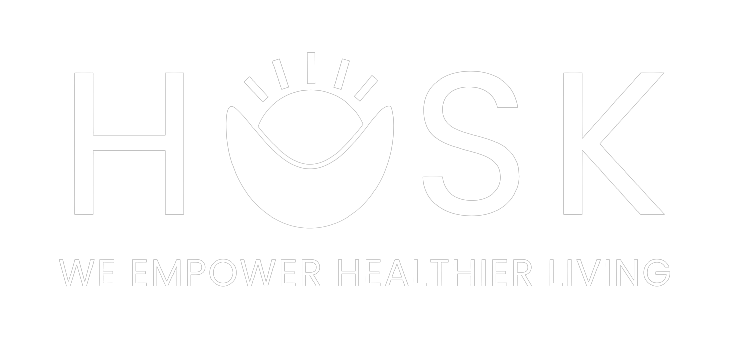
Let’s Talk Frankly About Mental Fitness
How are you doing? No, how are you really doing? Not just physically, but mentally. It’s well documented that mental fitness is just as important as physical fitness, but the subject is often avoided in conversation and neglected in treatment. While individuals, insurers and employers have embraced the value of preventative wellness benefits, the time has come to give mental wellness equal opportunity.
The Facts
Mental illness has become a common issue in the United States, and diagnosis is on the rise. According to the National Institute of Mental Health (NIMH), 52.9 million Americans live with a mental health disorder. Of that number, 14.2 million live with Serious Mental Illness. Yet, less than half of those with mental illness received treatment, according to a 2020 NIMH study.
While some individuals suffering from mental illness may be unaware of or in denial about their condition, often their lack of treatment comes down to stigma and cultural issues or lack of access to services. On the surface, it appears that addressing mental health needs has been made a top priority – especially since the beginning of the pandemic – with countless options offered, including dozens of apps with bells and whistles. So, what is keeping people from accessing them? The simple answer is money. Subscription-based programs offer treatment . . . but only for those who can afford it.
Subscription-based mental health programs guarantee access to a therapist or “Mental Health Coach” and other perks in exchange for a fee. But those who cannot afford treatment at $200-$300 per month are left untreated, and their symptoms may get worse.
According to the Centers for Disease Control and Prevention (CDC), an estimated 200 million hours of work are lost each year due to depression alone. It speaks to the dire situation we face as a nation, and to the importance of access to care. How do we eliminate barriers to treatment and increase early intervention, thereby enabling people to receive the care they need before they are in crisis?
The Solution:
Must employees continue to suffer in silence? Not at all. Husk embraces mental fitness, providing comprehensive wellness programs, including mental health support with licensed therapists, along with physical fitness and nutritional support from registered dietitians. We believe that wellness means complete wellness, with no stigmas attached. We provide access to quality wellness care by providing insured individuals and employers a turnkey approach that enhances and streamlines their wellness programs. The outcome? With the right access to preventative care, patients can live healthier and more productive lives at home and work. Healthier individuals, less stress for wellness benefit administrators, and ultimately . . . a healthy ROI.
Sources:
https://www.nimh.nih.gov/health/statistics/mental-illness
https://www.cdc.gov/workplacehealthpromotion/health-strategies/depression/evaluation-measures/index.html
Mental Health
Marketplace
Nutrition
Physical Therapy
Rewards
HUSK Pro
Company
About
Contact
Press
Blog

